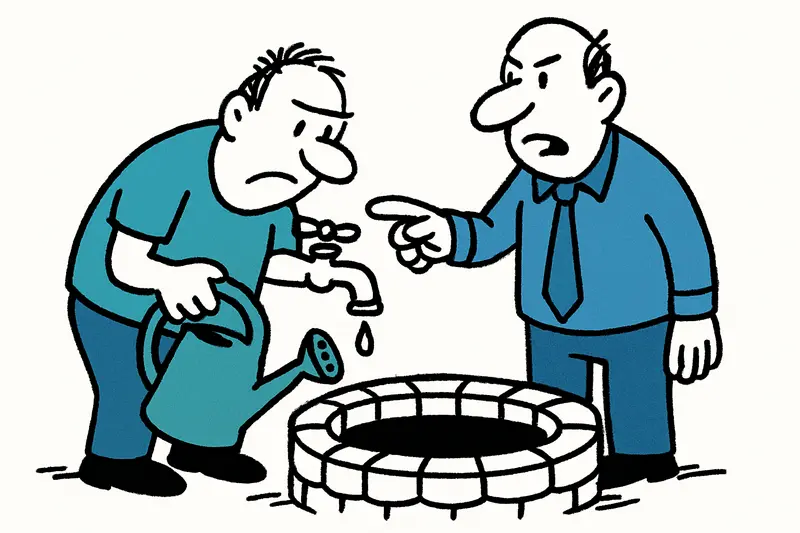
When the Tap Runs Scarcer: Mallorca Between a Tourism Boom and a Dwindling Water Source
Wells are falling, pipes are leaking, and the debate about pools and prices is getting louder. How can the island balance millions of visitors with limited water?
When the Tap Runs Scarcer: Everyday Scenes and the Quiet Drying
This year something is missing from the early-morning soundscape in Palma: less the clatter of watering cans, more discussions about savings plans. In side streets where delivery vans usually beep and neighbours swap buckets, you now hear advice about the water meter. From Sóller to Pollença, local restrictions have been in place for weeks, as reported in Water alarm in Mallorca: Seven municipalities turn off the tap — is saving alone enough? — pools may no longer be refilled, automatic garden irrigation systems are idle, and private car washing is banned in many places. The heat is not solely to blame; there is simply a lack of water.
Key question: How does Mallorca remain livable when water becomes scarce?
The answer is not only technical. Groundwater reserves currently stand at only around 41 percent of their capacity — a level last seen in 2016. Back then summers were short of rain; this time the missing winter recharge has amplified the effect. The island has changed: more residents, more holiday apartments, and millions of seasonal visitors. When winter rainfall fails, we pay for it in summer with empty wells and stricter rules.
The problem below the surface
What is rarely discussed in the café is that a large part of the problem is not just the lack of rain but the infrastructure. In some municipalities, technicians say more than half the water is lost through leaky pipes. Imagine: while somewhere a child asks for water for the pool, elsewhere the precious water drips into the soil. At the same time, the island relies on short-term, energy-intensive solutions like desalination. The government is planning a new large plant for just under 70 million euros — likely in Felanitx — and is investing millions more in pipe modernization and water reuse. That is necessary, but expensive and not without side effects.
What is barely said: Who pays and what really matters?
The debate often revolves around bans (no pool refilling, no garden irrigation) — justified measures, as discussed in When the Tap Becomes a Luxury: Seven Municipalities Tighten Water Rules in Mallorca. Yet the structural questions remain: Should tourists and holiday property owners be treated differently than permanent residents? How are the costs of pipe replacement and the energy for new desalination to be distributed? Currently many measures are reactive: impose restrictions, hope everyone adapts. A sustainable approach would combine preventive investments (sealing pipes, upgrading storage) with incentive systems (tiered tariffs, subsidies for greywater use, mandatory rainwater storage for new builds).
Concrete levers — short-term and long-term
In the short term, clear rules and enforcement help: consistent repair programs for burst pipes, stricter inspections of holiday properties, targeted information campaigns in Palma, Manacor, Santanyí or Pollença. Hotels and resort operators need binding requirements for water recycling and energy-saving technology — not just voluntary gestures, as argued in Water scarcity in Mallorca: Why hotels must now take responsibility. In the long term it's about a course change: expanding reuse, managed aquifer recharge (targeted injection of treated water to replenish groundwater), decentralized rainwater storage, and above all: reducing per-capita consumption despite tourism growth.
The cost of the easy solution
Desalination is quickly scalable but energy-intensive and expensive. Those who rely on large plants effectively import energy and CO2 costs — unless the plants are coupled with renewable sources. So it is not only about money but about the island's climate balance. Anyone who treats water policy as a merely technical issue overlooks that water policy is also transport, energy and tourism policy.
How people react
On the streets you hear mixed reactions: understanding coupled with perplexity. A gardener in Sóller complains that plants suffer despite savings measures; a host in Cala Ratjada pins notices for her guests. Some locals see the restrictions as an opportunity: smaller gardens, less constant sprinkler noise, more evening walks. Others fear economic losses if holiday facilities are subject to stricter controls.
Conclusion: Foresight instead of the watering can
The central question remains: Will Mallorca continue to make short-term fixes — turning pools on and off — or will the island take the upheaval as an opportunity? The answer requires courage for investment, fair cost distribution and an honest discussion about growth limits. Another desalination plant in Felanitx may ease parts of the problem, but it will only become truly sustainable when pipes are sealed, rain is stored, wastewater is used cleverly and tourism and infrastructure are planned together. Otherwise every summer pool evening will one day end with a neighbour staring dryly at the water meter.
Similar News
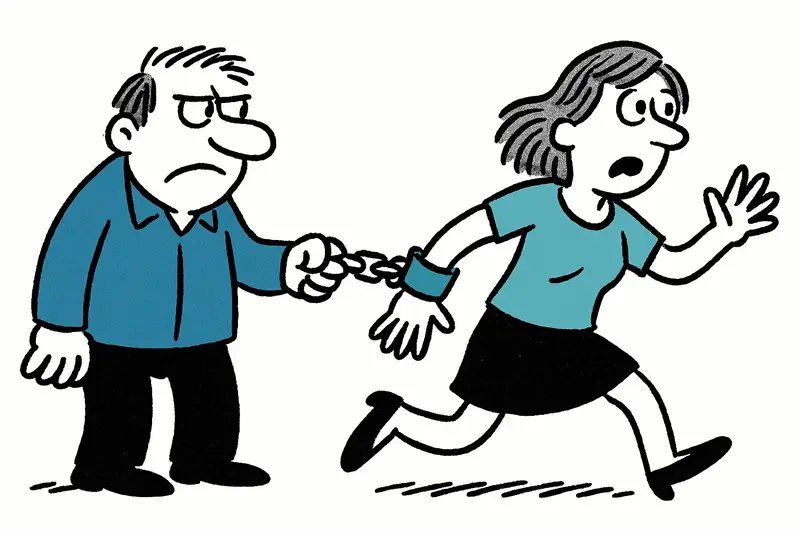
"No Moment to Escape": How human trafficking in Mallorca seeps into everyday life
The liberation of 15 women is only the tip of the iceberg. How debt, missing papers and a poor labor market drive people...
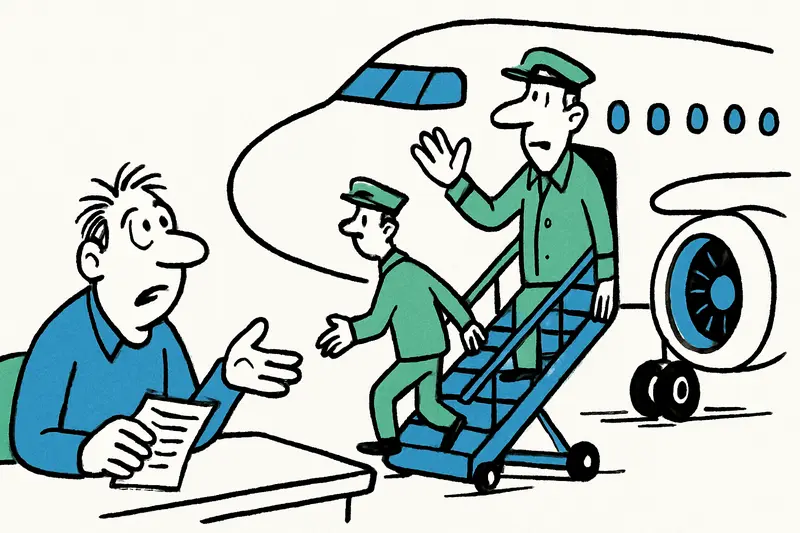
Hundreds of Cancellations, Many Questions: What Fischer Air Means for Mallorca
A small airline, big uncertainty: Hundreds of Mallorca flights from Kassel-Calden Airport were canceled. What risks rema...

When Roosters Conquer the Island: Who Will Stop the Wild Chickens on Mallorca?
Feral domestic chickens populate roundabouts, industrial areas and town centers. Who is liable in accidents, who monitor...
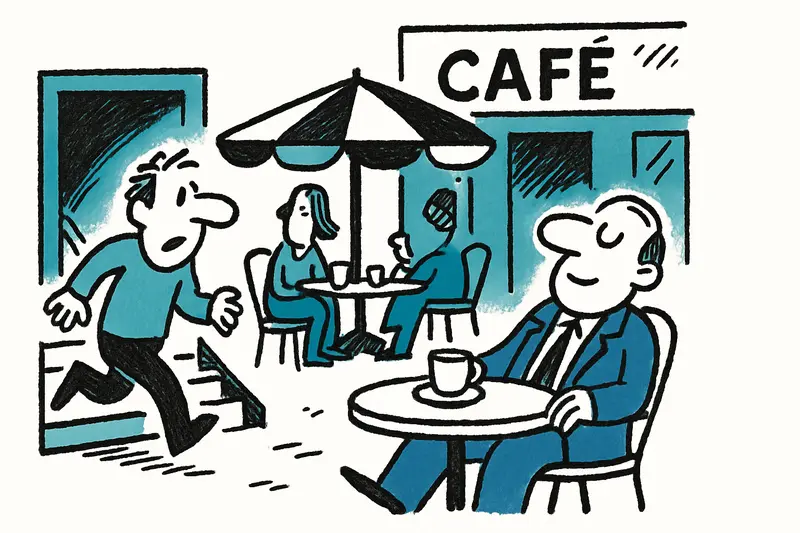
A Quiet Oasis at Plaça d'Espanya: The New Café Terminus in Palma
Between metro towers and commuter flows, a small café has opened on the ground floor of the restored Hostal Terminus, of...
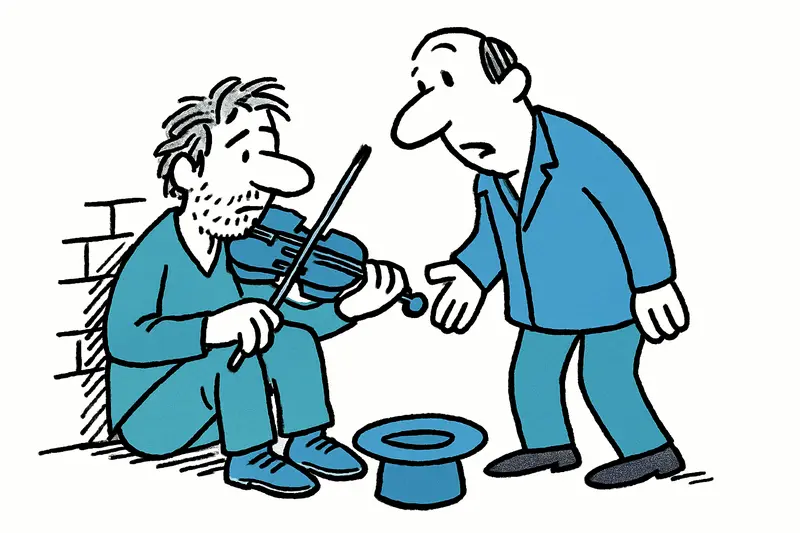
Why Justus' Death Is More Than a Farewell: A Look at Street Music, Homelessness and Urban Development
Justin 'Justus' Kullemberg, a violinist and well-known street musician on Ibiza, died last week. His life on the street ...
More to explore
Discover more interesting content

Experience Mallorca's Best Beaches and Coves with SUP and Snorkeling

Spanish Cooking Workshop in Mallorca
